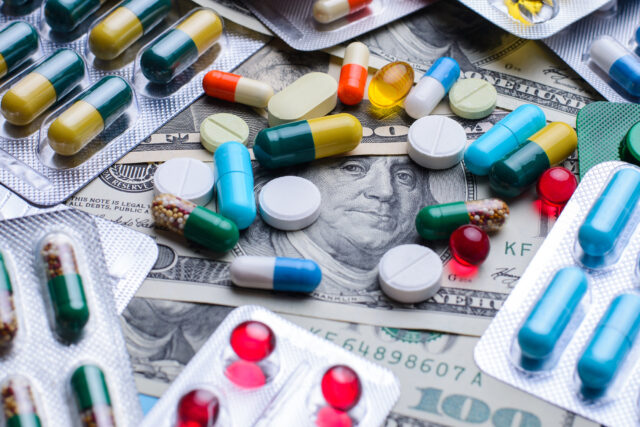
Medicare Part D’s Effect on Evergreening, Generics, and Drug Prices
The brief’s key findings are:
- Medicare Part D, introduced in 2006, has clearly helped seniors by expanding
drug coverage, but a key question is how it has affected the cost of drugs. - By boosting demand and shifting market power from manufacturers to insurers, Part D could affect the behavior of both brand-name and generic drug producers.
- Brand-name firms could be more likely to maintain monopoly power by
making small changes to their drugs (“evergreening”); and - Generic firms – with no such leverage – might be less likely to introduce
alternatives due to a greater loss of bargaining power to insurers.
- Brand-name firms could be more likely to maintain monopoly power by
- The analysis finds that Part D has, indeed, increased evergreening and reduced
generic entry, and both effects have put some upward pressure on drug prices. - Overall, though, Part D has kept drug prices lower than they otherwise would
have been.








